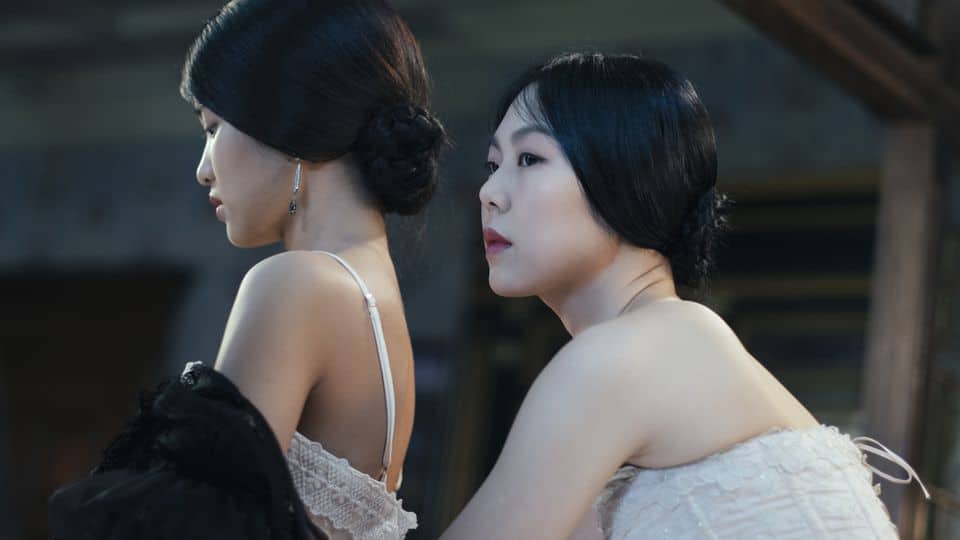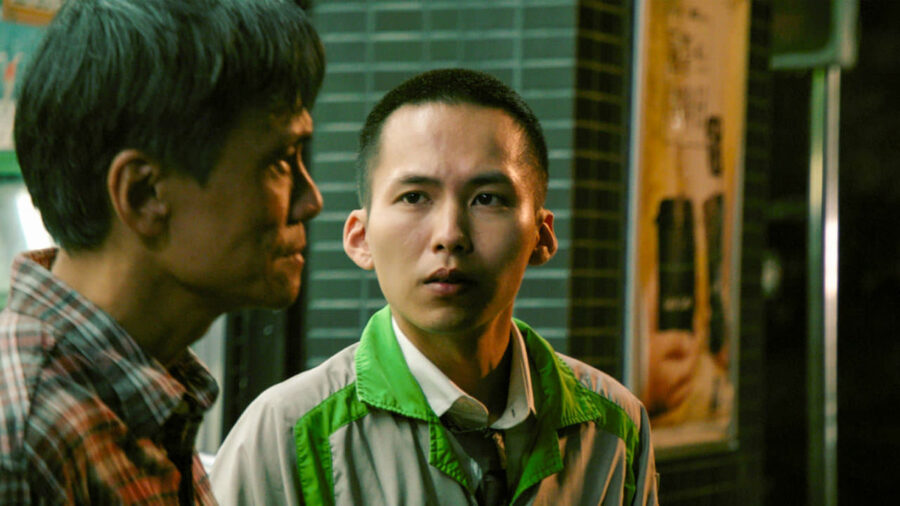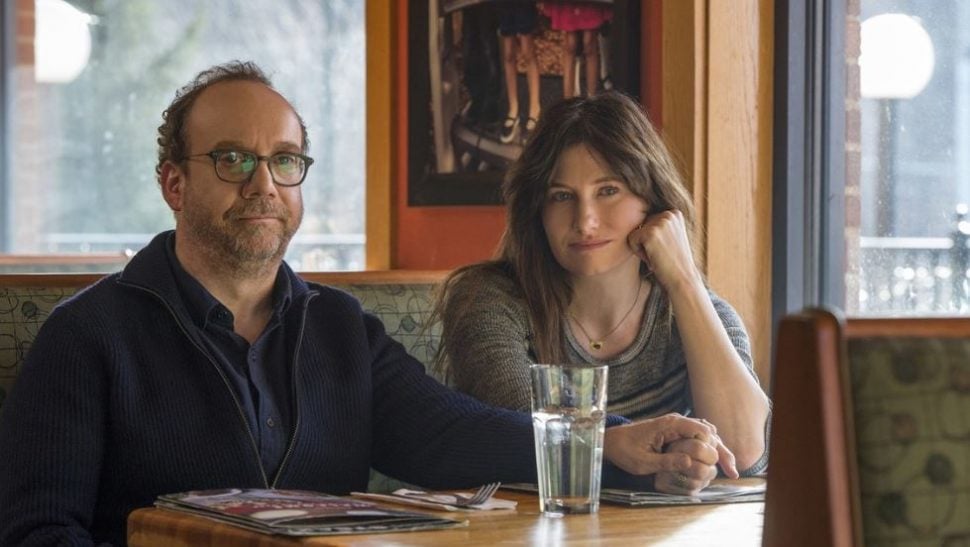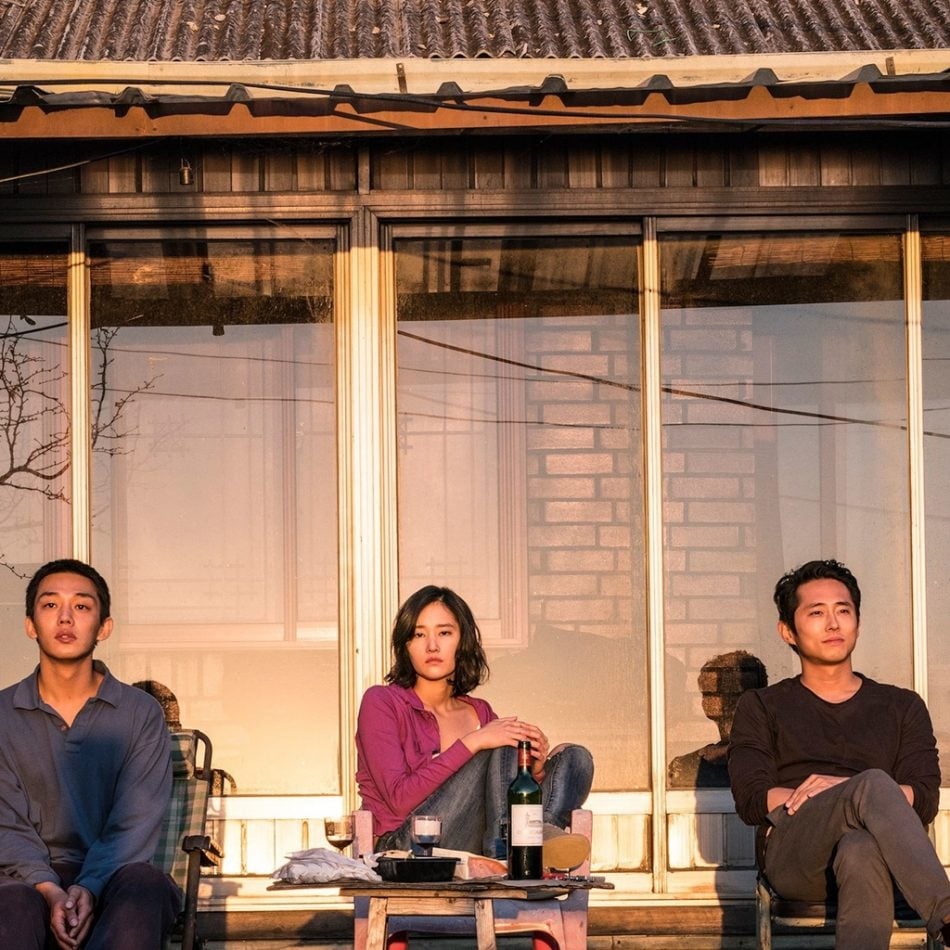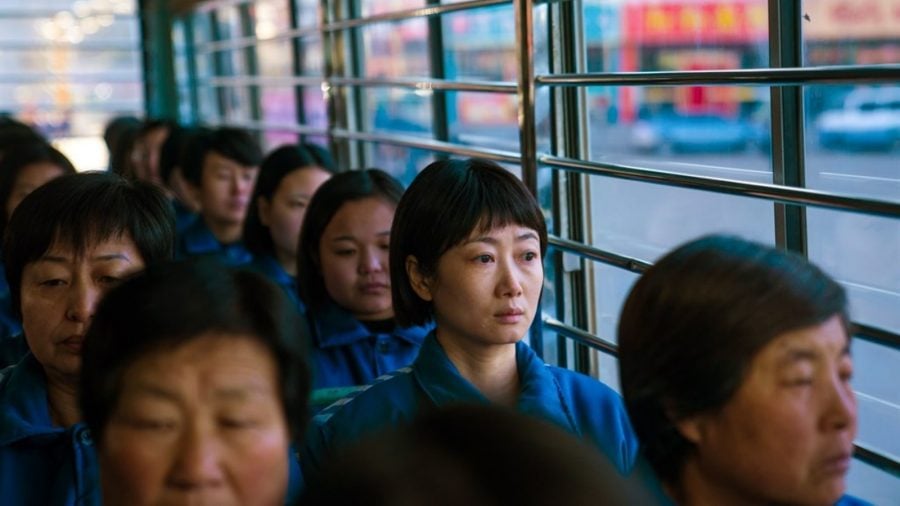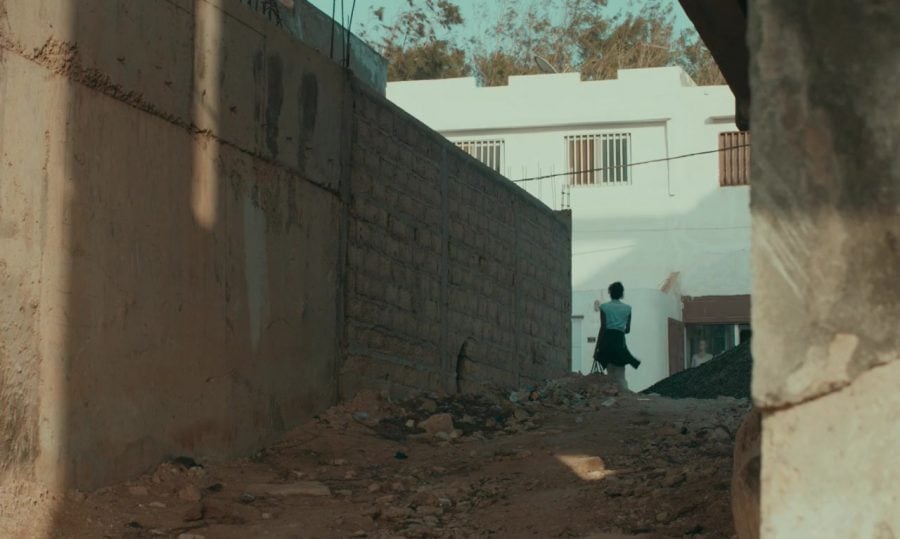The 2016 outing of South-Korean auteur director Park Chan-wook (maker of Oldboy and Stoker) once again shifts attention to the dark side of what makes us human: betrayal, violence, and transgression. Based on the 2002 novel Fingersmith by British author Sarah Waters, The Handmaiden revolves around the love of two women and the greedy men around them. Park shifts the novel's plot from Victorian London to 1930s Korea, where an orphaned pickpocket is used by a con man to defraud an old Japanese woman. Routinely called a masterpiece with comparisons made to the likes of Alfred Hitchcock, this is a stylish and meticulous psychological thriller that packs enough erotic tension to put a crack in your screen. If you love cinema, you can't miss this movie. You might even have to watch it twice.
Genre: Drama, Mystery, Romance, Thriller
Actor: Bae Il-hyuck, Cho Jin-woong, Choi Byung-mo, Choi Jong-ryul, Eun-hyung Jo, Ha Jung-woo, Ha Si-yeon, Hae-suk Kim, Han Ha-na, In-woo Kim, Jeong Ha-dam, Jeong In-kyeom, Jin-woong Jo, Jo Eun-Hyung, Jung In-gyeom, Jung-woo Ha, Kim Hae-sook, Kim Hae-suk, Kim In-woo, Kim Min-hee, Kim Si-eun, Kim Tae-ri, Kwak Eun-jin, Lee Dong-hwi, Lee Ji-ha, Lee Kyu-jung, Lee Yong-nyeo, Lim Han-bin, Min-hee Kim, Moon So-ri, O Man-seok, Oh Man-seok, Rina Takagi, So-ri Moon, Tae-ri Kim, Takashi Kakizawa, Tomomitsu Adachi
Director: Chan-wook Park, Park Chan-wook

